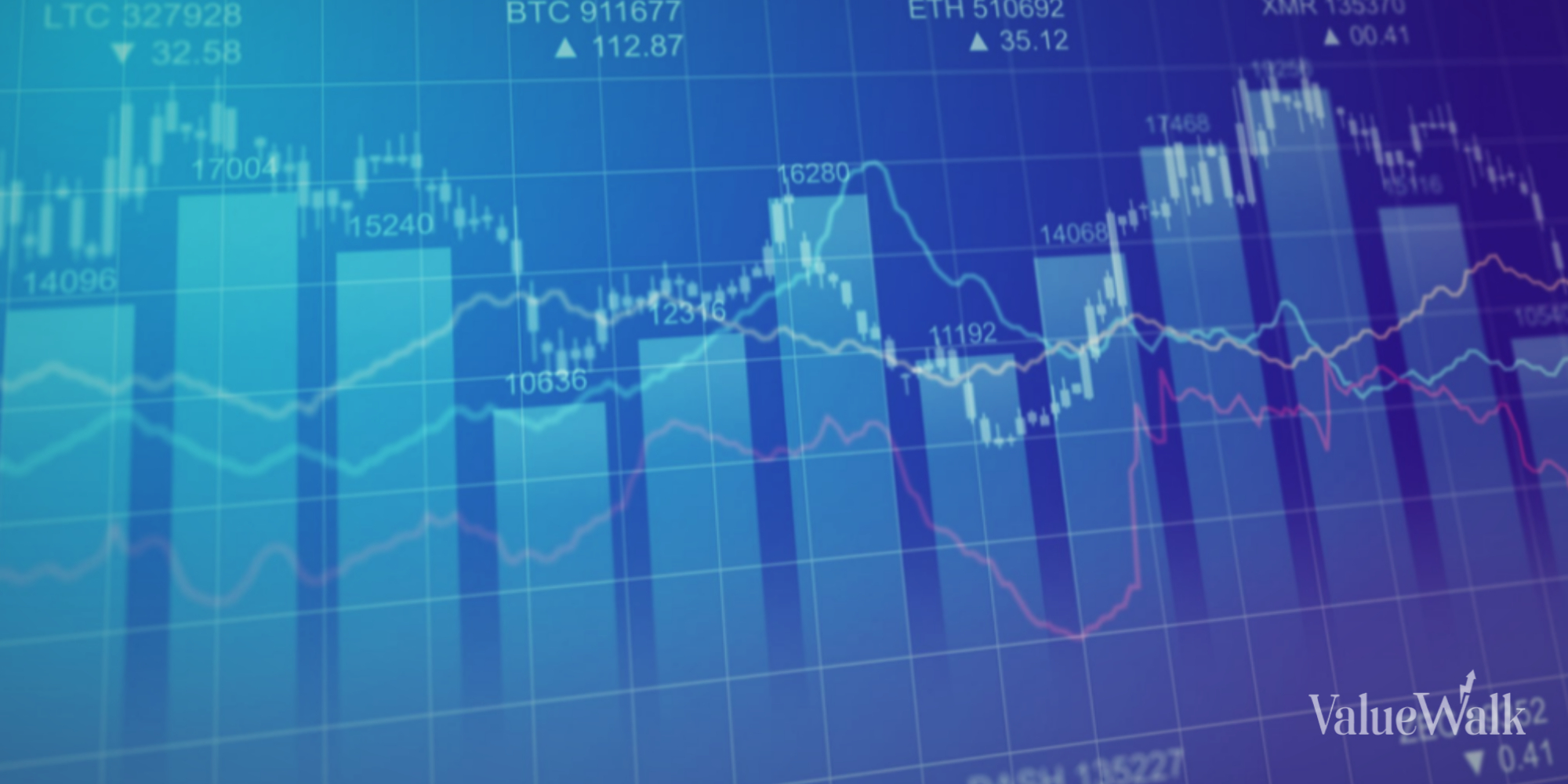I recently read an article titled DOW May Drop Another 2,000 Points Before the Stock Market Selling is Done: CNBC CEO Survey. It reported that top executives believe that stock prices will be falling hard in coming days. I see a huge problem with the premise of the article.
Looking at what investors believe about where stock prices are headed has great surface appeal for someone who believes that it is investor emotion rather than economic realities that drive stock price changes. But wait. The executives already believe the things reported on in the article. If their views are representative of what other investors believe (which must be presumed to be the case for the article to have value), aren’t those views priced in to the current DOW number?
Q3 hedge fund letters, conference, scoops etc
It sure seems so to me. It is investor emotions that determine market prices. I believe that much. But it is only investor emotions that are as of yet unknown to the investors experiencing them that matter. Emotions that are present in consciousness today have already been acted on. We cannot use assessments of current consciousness to predict future price changes.
Aak!
This is an extremely weird and frustrating thought. But I think the logic here is strong. It’s hard for the people who write articles to resist the temptation to ferret out where investor psychology stands at a particular point in time. If smart people like the CEOs of large companies think that prices are headed downward, they are probably prepared to pull some money out of stocks and that would of course truly send prices downward. But the full reality is that, if the doubts about the stability of today’s market price have grown to the point where these CEOs are able to articulate them to others, knowing that these doubts exist does not tell us anything that we could not know just by looking at today’s market price (which is of course down from there it was before those doubts started to form).
What matters? What matters is what those CEOs (and all other investors) will think about the future direction of stock prices after the price drop that they are now anticipating becomes a reality. The CEOs might say today that, after prices have fallen 10 percent, their concerns will be alleviated and they will be expecting to see prices head upward again. But of course that assessment would not be influenced by all the things that those CEOs will be hearing from others about the future direction of stock prices after the 10 percent price drop has become a reality. It could be that at that time the CEOs will believe that further price drops are likely. And of course in that event that belief would become a self-fulfilling prophecy.
But no one can benefit from the prophecy today. The conditions that will form the prophecy do not exist today, We humans can only predict so far into the future what our emotions will be. And once we get there, the target shifts because the new reality is then reflected in the DOW figure that applies at that time. It is only unanticipated emotional shifts that affect prices. Those are the only ones worth knowing about. And those by definition cannot be known.
Can we know anything about future stock prices?
I believe that there are things that can be known. The odds of big price drops increase markedly when stocks go to very high price levels. There has never been a devastating price crash (one that caused a big loss of wealth for investors and that remained in effect for a significant stretch of time) that began at a time when prices were at low or moderate levels. And there has never been a time when stock prices were at insanely dangerous levels and we did not sooner or later see a devastating price crash. It is high prices that make investors feel the vulnerability that eventually translates into a loss of confidence in stocks. So we can predict the future to an extent.
Unfortunately, most investors seem to be drawn to one of two unhelpful perspectives re the predictability of future returns. Many believe that return predictions never work and just don’t bother with them. That group ignores the higher risk level that applies at times of high prices and eventually always pays a price for doing so. The other camp tries to make use of the sorts of return predictions that follow from reading the article discussed above. This group makes predictions based on bad information and those predictions of course do not perform well.
High prices are good, low prices are bad. That much we know. That’s a very important thing to know. We should work hard never to forget that important truth, in my view. But that’s all we know. Efforts to guess at more than that are at best a waste of time and, if taken seriously, can lead us astray in serious ways. It could be that prices will shoot up in the days following the publication of the article about the CEO survey because the price drop they anticipated was already priced in to the DOW figure and the next step (which the CEOs had not taken into consciousness yet) turned out to be a price jump.
But, if the price level that applied at the time the survey of CEO attitudes was taking place was very high (it was!) prices really will be going down eventually.The P/E10 level that applied on the day the article was published imparts very valuable information. The article itself adds nothing of value. The CEOs possess only a limited understanding of their own emotions, not enough to help investors figure out what to do with their money.
Rob’s bio is here.






